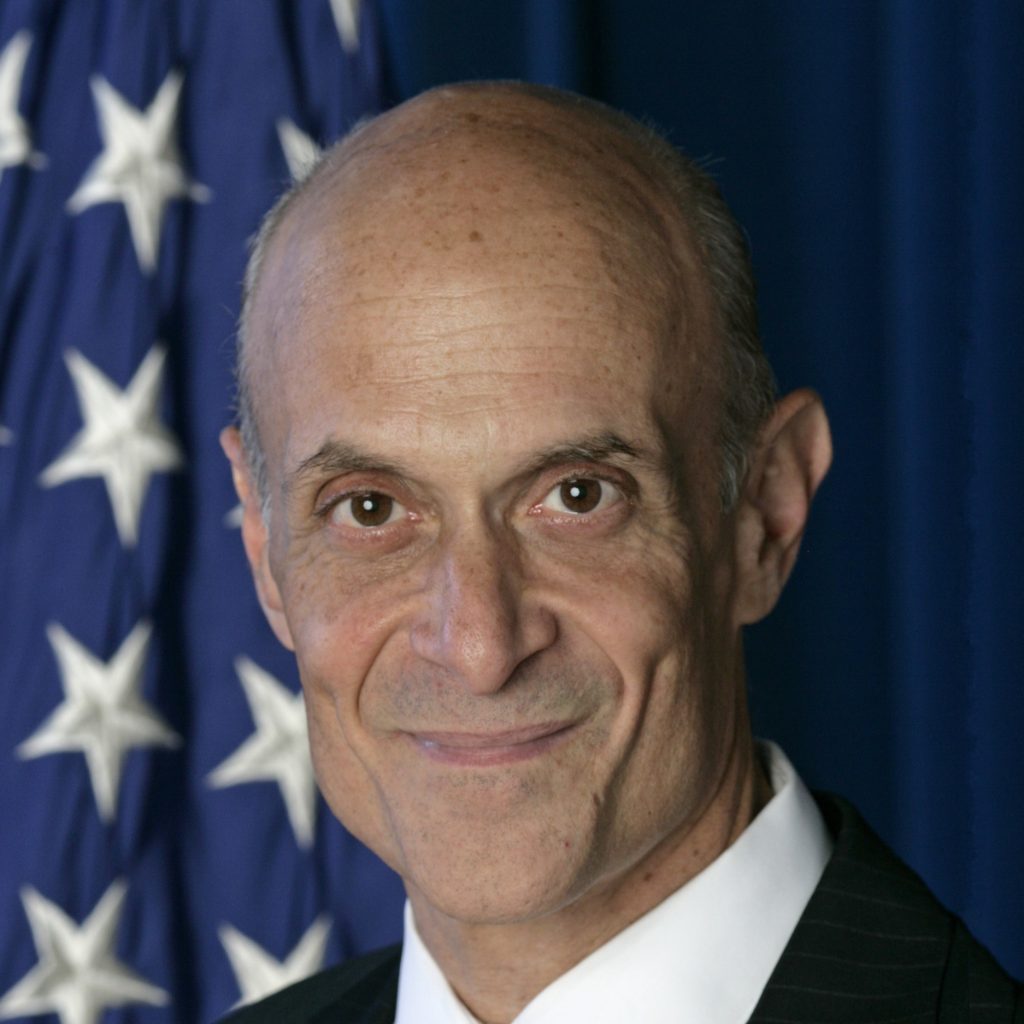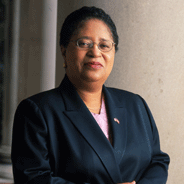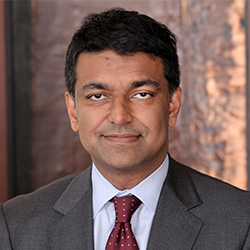Event recap | Commission Report Launch, Part I
Find the full GeoTech Hour series here. + View Part II of the Launch here.
Event description
On Wednesday, May 26, from 12:00 – 1:00 p.m. EDT, leaders from industry and government gathered to recognize the official release of the Report of the Commission of Geopolitical Impacts of New Technologies and Data (the GeoTech Commission). This report provides an extensive set of recommendations for the United States and its like minded allies to thrive in a decade defined by data and technology collaboration and competition.
The report is premised on the arrival of the “GeoTech Decade,” in which new technologies and data capabilities will have an outsized impact on geopolitics, economics, and global governance. The speed, scale, and sophistication of new technologies and data capabilities that aid or disrupt our interconnected world are unprecedented. Emerging technologies promise to make our increasingly fragile global society more resilient. However, so far, no nation or international organization has been able to create the appropriate governance structures needed to grapple with the complex and destabilizing dynamics of emerging technologies. Maintaining economic and national security, resilience, and democratic ideals requires new approaches for developing and deploying critical technologies, cultivating human capital, rebuilding trust in domestic and global governance, and establishing norms for international cooperation.
The GeoTech Commission was established by the Atlantic Council in response to these challenges and to develop key recommendations and practical steps forward for Congress, the White House, private industry, academia, and like-minded nations. Specifically, the Commission examined how the United States, along with other like-minded nations and partners, can maintain its leadership in science and technology; ensure the trustworthiness and resilience of physical and IT supply chains, infrastructures, and the digital economy at large; improve global health protection and wellness; assure commercial space operations for public benefit; and create a digitally fluent and resilient workforce. As the GeoTech Decade unfolds, ensuring the leadership of the United States and allied partners in these areas will be imperative to ensure peace, security, and resilience across all domains.
The report was made available for public access on May 26, 2021. Areas of significant importance include:
- Global scientific and technology leadership
- Secure data and communications
- Enhanced trust and confidence in the digital economy
- Assured supply chains
- Continuous global health protection
- Assured space operations for public benefit
- The future of work
This is part 1 of a two-part series discussing the main findings of the GeoTech Commission and the next steps that can be taken, both in the private and public sector, to translate the recommendations into action. Part 2, taking place from 5:00 to 6:00 p.m. EDT, featured additional members of the GeoTech Commission promoting science and technology leadership in the coming decade, and included keynote remarks from the GeoTech Commission Congressional Co-Chairs.
Featuring

Teresa Carlson
President and Chief Growth Officer, Splunk
Co-Chair, GeoTech Commission

John Goodman
Chief Executive Officer, Accenture Federal Services
Co-Chair, GeoTech Commission

Michael Chertoff
Former United States Secretary of Homeland Security
Co-Founder and Executive Chairman, Chertoff Group

Shirley Ann Jackson, PhD
President
Rensselaer Polytechnic Institute

Zia Khan, PhD
Senior Vice President, Innovation
Rockefeller Foundation
Hosted by

David Bray, PhD
Director, GeoTech Center
Atlantic Council
Previous episode

The GeoTech Center champions positive paths forward that societies can pursue to ensure new technologies and data empower people, prosperity, and peace.
